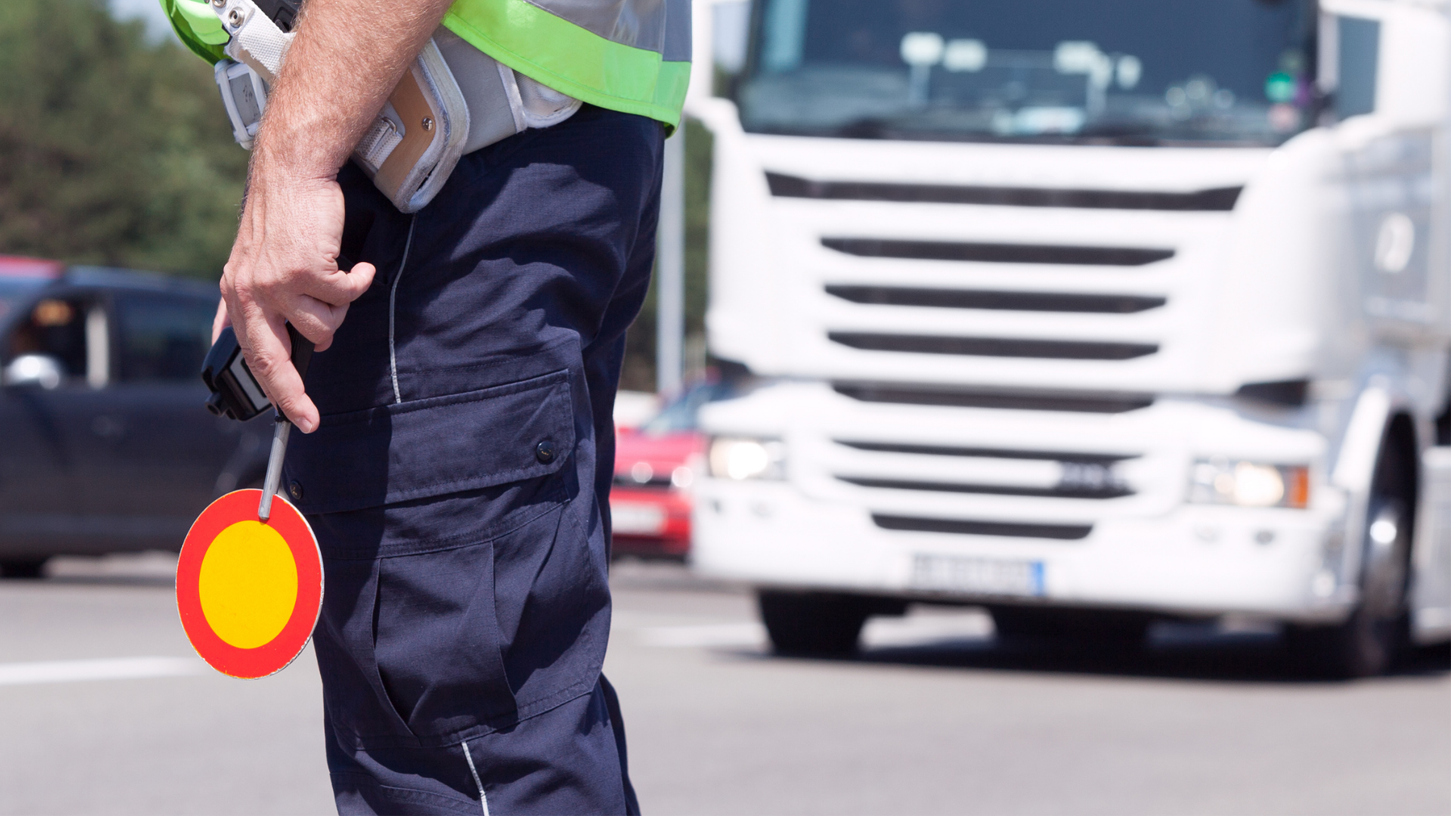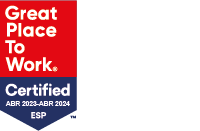How to avoid the most frequent road transport fines
Fines are now an uncomfortable reality in the day-to-day life of transport and logistics companies. The most common sanctions are for failing to comply with basic rules, such as: the tachograph not working or using it improperly, non-payment of tolls or road taxes, failure to comply with driving times and restrictions, rest periods, excess weight or speed, and inappropriate loading/fastening of cargo and merchandise.
Vrio offers some useful advice and basic tips to help avoid these sanctions, and to keep you informed of the rules set by each country to circulate in it, remember to consult our new website section dedicated to local toll and driving regulations across Europe.
How to avoid sanctions?
Travel around Europe:
- Understand the local legislation or regulations for each country
- Find out about paying fees or tolls: is my vehicle subject to payment? What method of payment does each country have? Visit our web section: tolls by country
- Anticipate your needs to avoid delays and possible fines, consulting the rules or specifications of a country well in advance (how to acquire permits, toll devices, activate countries…).
- If necessary, book your Ferry tickets as soon as possible and find out about the validity of the boarding (whether it is closed or open, how long the reference is valid for, boarding and check-in times).
- Provide drivers with the supporting documents or receipts necessary to expedite the procedures in the event of a control. These include, identification documents, employment contracts, vehicle documents and any specific paperwork related to the cargo being transported (CMRs, Customs documents etc).
Tachograph:
- Regularly service your Tacho equipment. It must be done at most every 2 years, and in cases of modifications such as repairs, change of vehicle registration, mismatches in time…
- Make sure drivers receive proper instructions in a timely manner.
- Performs data downloads within the established deadlines and periodically to ensure correct use by the driver.
- Use fleet management tools, with remote tachograph download and management, such as our GPS and Optimal Tracking system.
Belgium is carrying out very strict controls with penalties of €500 for each infringement committed within a period of 3 hours. If the device presents any anomaly, it is essential that the vehicle stops and informs the corresponding supplier of the error. If the device is invalidated for circulation, a 3-hour concession will be established to acquire a new device or leave the country. Non-payment of the penalty may result in the immobilization of the vehicle until the corresponding amount is paid.
Non-payment of tolls:
- If you have a toll device with an electrical connection, make sure that it is always securely connected, paying attention to the so-called satellite networks, where the device broadcasts the location of the vehicle on the roads without toll gates/barriers. The internal batteries have a limited life whilst not being connected.
- Please check if your device configuration data matches the vehicle data. Errors in data such as registration, weight, axles, or euronorm, can lead to immobilization and sanctions in the countries that rate based on these data.
- Pay attention to the behaviour of the device and its warnings, which can be through beeps, or, if it has them, messages on the screen or red LED light.
- Check the active networks if you have any doubts before entering the country in question.
- In case of detection or suspicion of non-payment, find out about retroactive payment options, if any, thus avoiding the imposition of a higher administrative sanction.
Documentation:
- Periodically check the validity of the documents necessary for transport, such as the community license, the CMR and its correct completion.
- Check the need for additional permits such as intra-European displacement certificates, a declaration of dangerous goods, etc.
Cargo Securing:
- Inspects walls, floors, required special structures, tie-down points, etc.
- Closing, blocking and cargo lashing.
Who is responsible for these violations?
Legally, transport companies are responsible for penalties, so they have an obligation to organize work in such a way that they can meet driving and rest times to ensure compliance of the vehicle and driver.
However, this responsibility may vary in the event that there is another culprit (usually the driver), as long as there is evidence or the driver himself voluntarily acknowledges guilt for the event.
On many occasions, the company and the driver reach agreements between themselves to establish who is in charge of the economic part.
Appeal Sanctions
Finally, we recommend having a Fine Management service in place, not only for the amounts of the fines, which we know are sometimes very high, but also so that your vehicles are not immobilized unnecessarily, and can return to operating as soon as possible.





